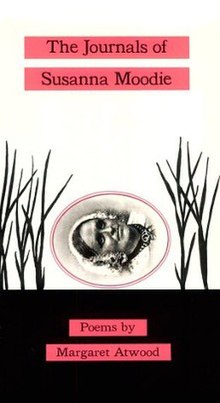Before you read any further, make sure you understand the vocabulary of this blog. Please review the parts of speech. Here is why:
In my comments on your work, I might say
- remove extra, unnecessary adjectives
- find and fix the wrong verb
- clarify the pronoun reference
- add "ly" to your adverbs
- put a comma before your conjunctions when there are more than three items in a list
- insert a definite article
If you do not understand the parts of speech, you won't understand my editing vocabulary and you will have difficulty with the suggested corrections. If you are a little rusty on parts of speech, look on the universal prosthetic memory (Google) and find a website with a parts-of-speech review test. Not only will you and I be on the same page, but you'll quickly learn to write better (dammit).
